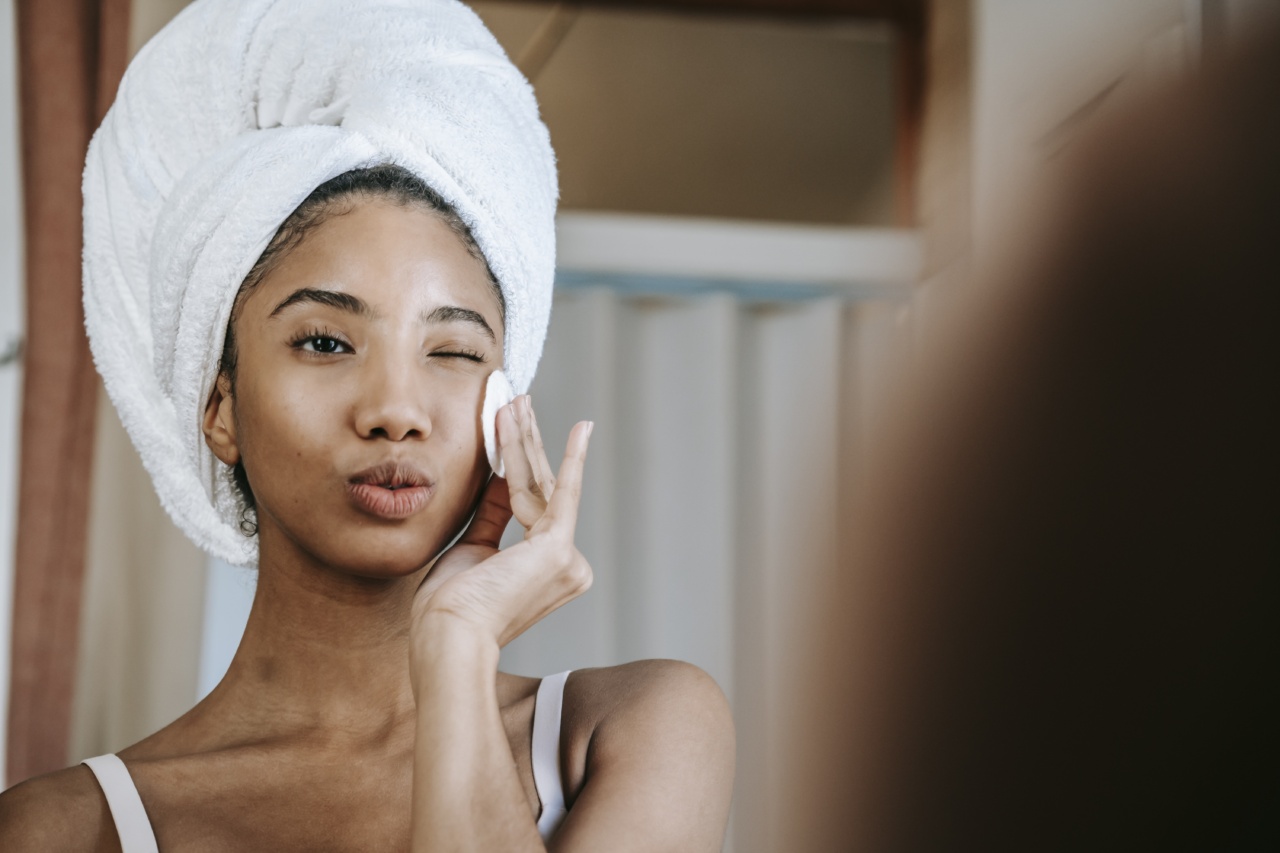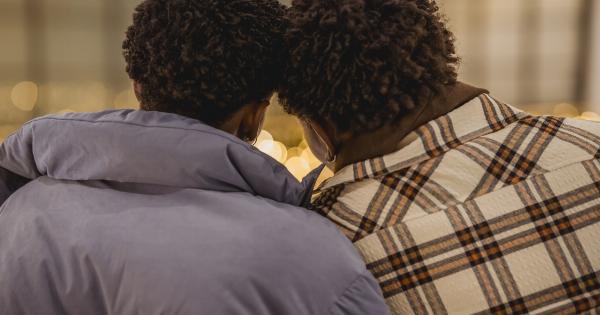As a society, we tend to place a lot of value and emphasis on the concept of virginity.
The idea of losing your virginity is often portrayed as a momentous event that carries a great deal of weight and significance – but is there truly a perfect age to experience it?.
Defining virginity
Before we can explore the question of when the “perfect” age to lose one’s virginity might be, it’s important to understand what exactly we mean by the concept of virginity.
While the term is typically associated with the idea of penetrative sex (i.e. vaginal or anal intercourse), it can also encompass a range of other sexual experiences.
Some people might consider themselves virgin if they’ve never engaged in sexual activity with a partner.
Others might believe that they’ve lost their virginity if they’ve engaged in oral sex, mutual masturbation, or other forms of sexual activity that don’t involve penile-vaginal penetration.
Because there’s no universally agreed-upon definition of virginity, it can be difficult to say definitively when someone loses it.
However, for the purposes of this discussion, we’ll use a narrower definition that focuses on penetrative sex.
What age do people typically lose their virginity?
When talking about the “perfect” age to lose your virginity, it’s important to first understand what’s typical.
According to data from the Centers for Disease Control and Prevention (CDC), the average age at which people lose their virginity in the United States is around age 17.
However, it’s worth noting that there’s a lot of variability in this statistic. Some people might have sex for the first time before they turn 16, while others might not become sexually active until well into their 20s or beyond.
The importance of readiness
So, is there a “perfect” age at which to lose your virginity? The truth is that there’s no one-size-fits-all answer to this question. What’s most important is that you feel ready and willing to engage in sexual activity.
Unfortunately, there can be a lot of external pressure to have sex for the first time – whether it’s from friends, romantic partners, or society at large.
However, succumbing to this pressure before you feel truly ready can lead to negative outcomes like regret, anxiety, and a sense of violation or loss.
It’s important to make sure that you feel comfortable and informed about sexual activity before you engage in it.
This might mean seeking out information about contraception and STI prevention, communicating openly with your partner about your boundaries and desires, and taking your time to explore your own sexuality and needs.
The role of maturity and emotional readiness
Another key factor to consider when thinking about the “perfect” age to lose your virginity is emotional maturity and readiness. While physical readiness (i.e.
reaching puberty and becoming capable of engaging in sexual activity) is one important consideration, it’s equally important to make sure that you’re emotionally prepared for the experience.
Engaging in sexual activity can be a deeply intimate and personal experience. It can bring up a lot of emotions, both positive and negative, and requires a certain level of emotional maturity and stability.
Before deciding to have sex for the first time, it’s important to ask yourself a few key questions:.
- Do I feel emotionally prepared for this experience?
- Am I able to have open and honest communication with my partner about my boundaries and desires?
- Do I feel confident in my ability to make decisions about my sexual health and safety?
- Am I engaging in sex for the right reasons – because I genuinely want to, and not because I feel pressured or obligated?
If you can answer these questions confidently and positively, you may be emotionally ready to take the step of having sex for the first time.
The role of consent
We cannot talk about virginity without discussing consent. Consent is an agreement between two or more individuals to engage in sexual activity, and it’s an essential component of any sexual encounter.
Before engaging in any sexual activity – whether it’s your first time or your hundredth time – it’s important to make sure that you have the explicit and enthusiastic consent of your partner.
You should also be prepared to clearly communicate your own boundaries and desires.
The bottom line
So, what is the perfect age to lose your virginity? Ultimately, the answer to this question will vary from person to person.
Rather than focusing on a specific age, it’s important to prioritize emotional readiness, physical readiness, and informed consent when it comes to sexual activity.
If you’re considering having sex for the first time, take the time to explore your own desires and feelings, communicate openly with your partner, and seek out information and resources that can help you make informed decisions about your sexual health and safety.





























